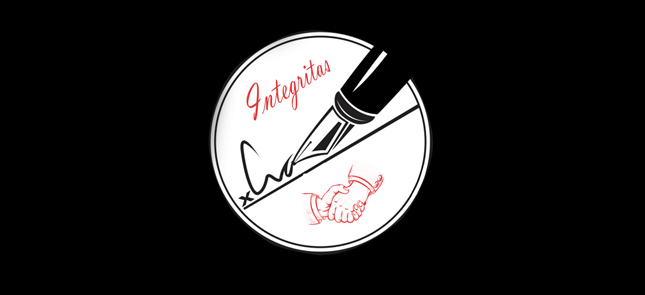By ratifying the United Nations Convention against Corruption (UNCAC), cooperation opportunities with other countries are increasingly available for Indonesia in the fight against corruption. This is because at this time, the UNCAC is seen as a crucial international cooperation platform.
This was conveyed by the Director of Management of Cooperation for Commissions and Agencies (PJKAKI) KPK, Sujanarko, last weekend (17/4) in the online discussion about the implementation of UNCAC in Indonesia. These online discussions, which were attended by KPK staff, are routine activities of the Knowledge Management Day program organized by the Anti-Corruption Education Center.
As Indonesia was active in implementing UNCAC, Sujanarko provided examples where several of the cases handled by the KPK received assistance from other countries. One example of a large case is the case of e-KTP. Another example is the case of corruption of aircraft engine purchases at PT (LLC) Garuda Indonesia.
"UNCAC is now the platform for all multilateral cooperation, for example the OECD, G20, APEC or other multilateral agreements. If a country is not concerned about UNCAC, they will face problems in terms of multilateral and bilateral cooperation," he explained.
According to him, UNCAC has changed the world paradigm regarding corruption. Before UNCAC was established, corruption was still considered a domestic crime, so the handling of corruption was done at the domestic level. However, after the establishment of UNCAC, corruption is considered an extraordinary crime because it has 2 characteristics, namely syndication and transnational organized crime.
"There used to be a fundamental obstacle internationally which greatly impeded corruption eradication in a country, and this is related to dual criminality, namely regarding the criminal jurisdiction and nationality. After countries ratify UNCAC, international cooperation can carried out in a wider scope," said Sujanarko.
The changing world paradigm regarding corruption also changes the view of countries in terms of investing. "In every country, corruption is now the third factor that is considered after political stability as well as security and infrastructure factors," he explained.
From the start, Indonesia has been the most aggressive country in implementing UNCAC. This was proven by the inclusion of Indonesia as one of the first countries to be reviewed in 2010 and also as a country that was reviewed again in 2016.
Indonesia's commitment to UNCAC and G-2


